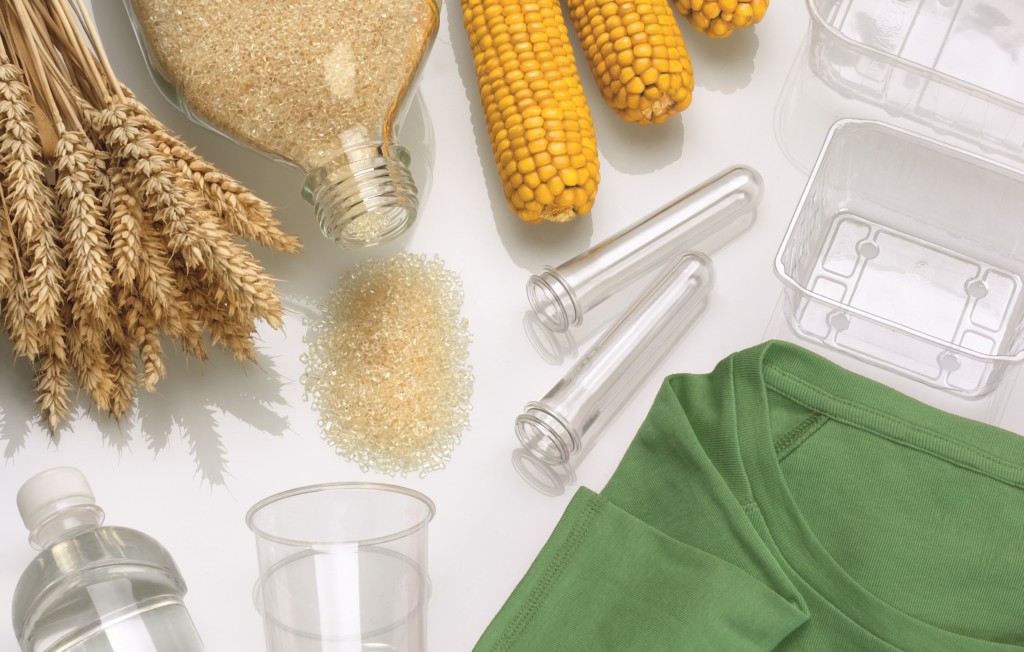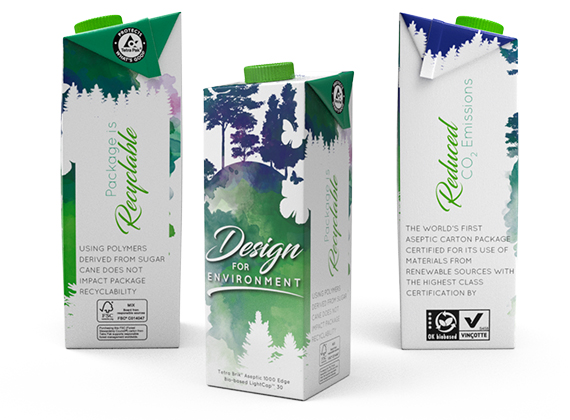Italy’s Bioeconomy Strategy: In November, the Italian government published its Bioeconomy Strategy, which is still open for a public consultation with national stakeholders until 20 December 2016. Italy already has one of the most advanced infrastructures for the separate collection and recycling of organic waste and is a centre of excellence for integrated biorefineries. Now, Italy also has the Bioeconomy Strategy to go with it. It aims to enhance the competitiveness of Italy’s bioeconomy sector and its role in promoting growth in Europe and the Mediterranean basin.
New British standard on the circular economy: The British Standards Institute has released the draft of a guide for businesses on implementing the circular economy – the first of its type in the world. The BS 8001 standard offers guidance and recommendations for organisations of any type, sector, size or location. Rather than containing the technical specifications or codes of practice found in some of the other standards developed by the BSI, this framework standard provides information on the circular economy concept, suggesting steps organisations can take to operate in a more circular way. Consultation opened in November and runs until January 15th.
- Thyssenkrupp commercialises PLAneo® technology: thyssenkrupp Industrial Solutions, a leading provider of engineering, construction and service of industrial plants and systems, developed its own manufacturing process for PLA together with its Germany-based subsidiary Uhde Inventa-Fischer. The company is now building the first commercial plant based on its patented PLAneo® technology in Changchun, China. Once completed, the new plant will produce around 10,000 tons of PLA per year. Commissioning is scheduled for the first quarter of 2018.

PLA products © thyssenkrupp Industrial Solutions
Perstorp launches ‘Time to Act’ campaign: Perstorp launched its new ‘Time to Act’ campaign during the 11th European Bioplastics Conference, where they were silver sponsor. The aim of the campaign is to encourage a more responsible use and disposal of plastics and to raise awareness with a Challenge quiz. Every time a new person joins the Time to Act campaign, Perstorp will make a donation towards sustainability. The initiative is in line with Perstorp’s focus on sustainability and its aim to offer sustainable solutions. The motto is: No-one can do everything, but everyone can do something. – We like it and say: Let’s all get involved!
Covestro and Reverdia develop bio-based TPU: Covestro and Reverdia have reached an agreement to jointly develop and promote thermoplastic polyurethanes (TPU) based on renewable raw materials. Covestro will employ Biosuccinium™ succinic acid from Reverdia for the production of its Desmopan® -brand TPU for use in a variety of applications, including in the footwear and consumer electronics industries. Bio-based Desmopan® products are already available in various hardness grades. They match the excellent physical properties of conventional grades while also providing a better carbon footprint along the value-added chain. Simulations by Reverdia suggest a roughly 65 percent reduction in the carbon impact compared with products produced with petrochemicals. The biomass content of the Desmopan® TPU is between 42 and 65 percent.
DuPont and ADM honoured for their FDME platform technology: DuPont Industrial Biosciences (DuPont) and Archer Daniels Midland Company (ADM) have been honored with the Breakthrough Solution of the Year Award from Platts Global Energy for their platform technology to produce a revolutionary biobased monomer, furan dicarboxylic methyl ester (FDME). The two companies have taken the initial step in the process of bringing FDME to market by moving forward on the scale-up phase of the project. An integrated 60 ton-per-year demonstration plant is currently under construction in Decatur, and is expected to begin operations in the second half of 2017.
- Tetra Pak introduces new Tetra Brik® Aseptic with bio-based film and cap: The new package is manufactured using a bio-based plastic film and cap, made from polymers derived from sugar cane. Combined with the paperboard, this lifts the share of materials from renewable sources in the package to above 80%, the threshold for four-star certification from Vinçotte. The new package also boasts up to 17% lower carbon footprint than a standard package, according to an independent lifecycle analysis conducted by IVL Swedish Environmental Research Institute.

Tetra Brik® Aseptic 1000 Edge Bio-based LightCap™ 30 © Tetra Pak